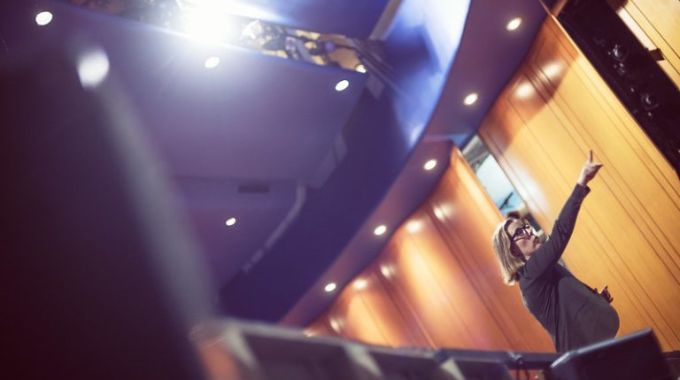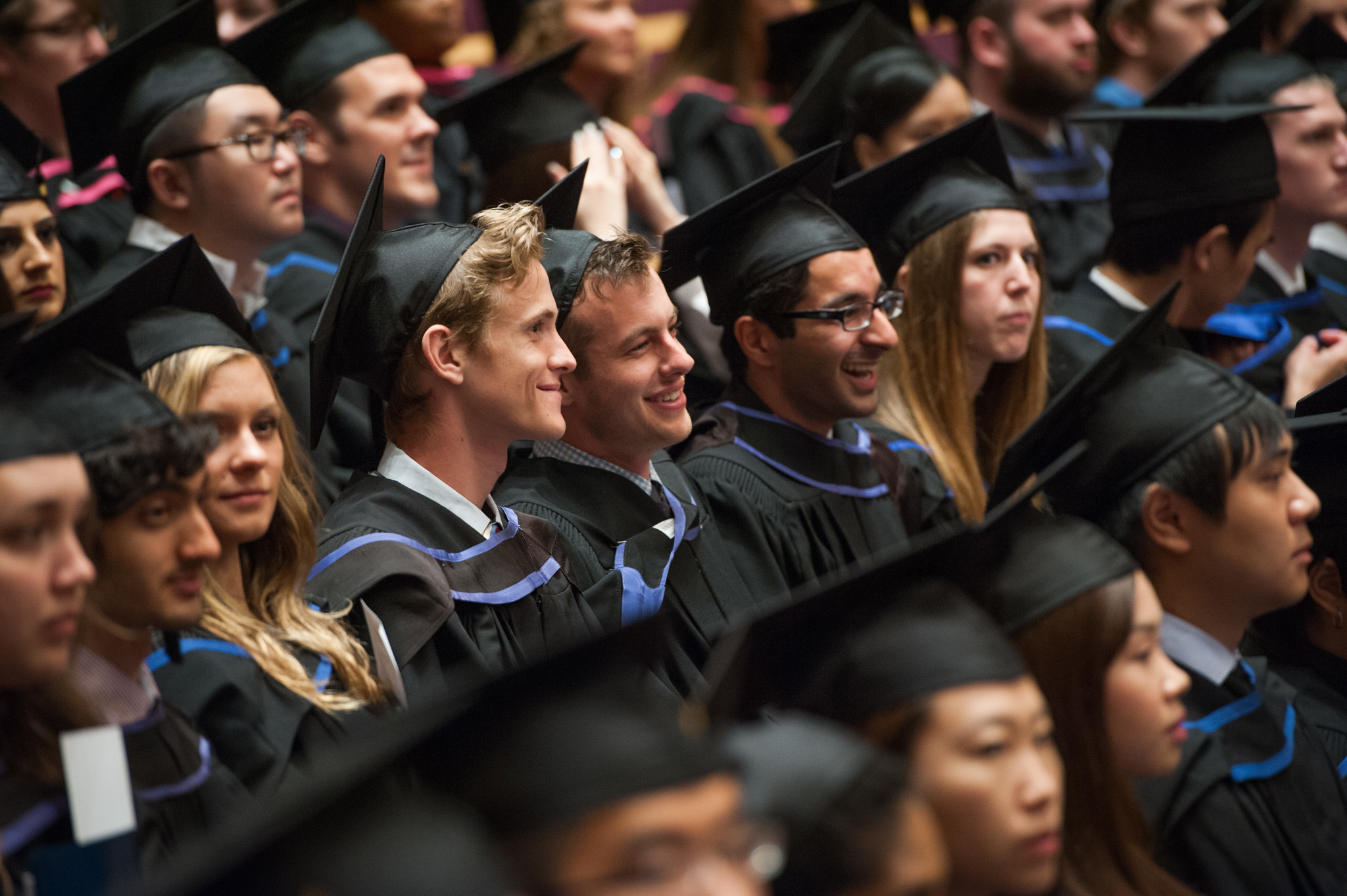Second year MFA Director, Laura Di Cicco, and incoming MA Cinema and Media Studies student, Michael Stringer, have received Social Sciences and Humanities Research Council of Canada (SSHRCC) grants, a considerable achievement.
Laura’s Research:
Laura’s research is around her thesis production of The Visit by Friedrich Dürrenmatt, which will be presented in our 2020/21 Season in March 2021 at the Frederic Wood Theatre.
The Visit is an epic, black comedy about a woman, Claire, who returns to her hometown after forty-five years to seek revenge on her former boyfriend for impregnating, then jilting her. Because The Visit contains a female protagonist in a strong central role, Laura feels it is an important and relevant perspective to impart to current generations of young women in light of recent women’s movements, such as “Me Too” and “Time’s Up.” The objectives for this research are to explore the ways that offering a feminist interpretation of The Visit contributes to dialogue on relatable aspects of our current socio-political climate, and to explore the ways in which epic theatre techniques can be used to illuminate the play’s socio-political messages of oppression and corruption. Laura will further highlight that perspective with feminism and diversity in casting as her central visionary launching point. By mounting The Visit through this feminist perspective, a positive representation of women and our diverse societal fabric is created. The Visit shows a woman who is strongly represented in society. This is a crucial aspect of this play in creating a sense of empowerment for young women. It pushes forward the paradigm shift that is current to women’s movements today. This, then, will aid in revealing the relatable qualities of our socio-political climate, and contribute to the ongoing feminist dialogue.
Laura’s bio: https://theatrefilm.ubc.ca/profile/laura-di-cicco/
Michael’s Research:
Michael’s research seeks to analyse the films of Yorgos Lanthimos in relation to arguments about film’s ability to function as a philosophical thought experiment. In the area of philosophy of film, where most of these thought experiment arguments are made, there is a general division between the analytic and the Continental traditions. However, both of these camps regularly use “film as thought experiment” arguments, instrumentalizing them for very different purposes. The conflicting ends to which these arguments are put suggests a lack of clarity around how the concept of a thought experiment applies to film. Through an analysis of Lanthimos’ work, Michael will address precisely this issue, since Lanthimos’ films both compliment and trouble cinematic thought experiment arguments. In this way, his films form fertile ground for examining the nature of these arguments, how they are used, and the possible limits of this use.
Michael intends to compare Lanthimos’ films to the history of philosophical thought experiments, taking three paradigm cases to form this historical progression. From ancient philosophy, Plato’s use of myth as thought experiment in the Republic will be compared to the mythological adaptation at the core of Lanthimos’ The Killing of a Sacred Deer. Descartes’ conceptual conceit of a deceiving evil demon will form the next thought experiment, and this will be compared to the deceitful narrative conceit of the film Dogtooth. Finally, Hilary Putnam’s brain in a vat argument will exemplify the modern thought experiment, and it finds a correlate in the entity-swapping dystopia film The Lobster. Through a historical approach, Michael hopes to address the current disparity in how cinematic thought experiment arguments are being used and foster greater dialogue between the two philosophical traditions presenting these arguments.
Michael’s Bio: https://theatrefilm.ubc.ca/profile/michael-stringer/




